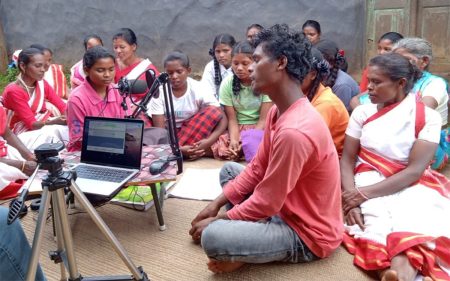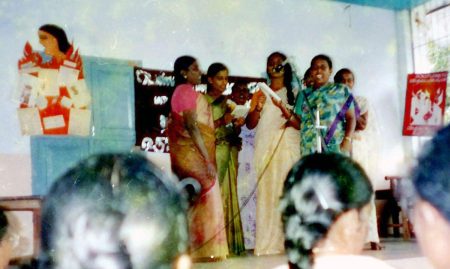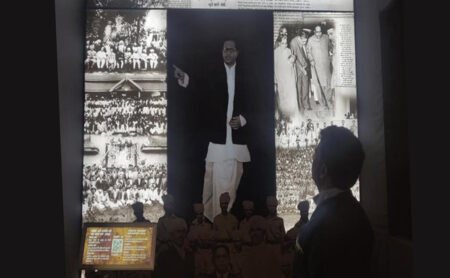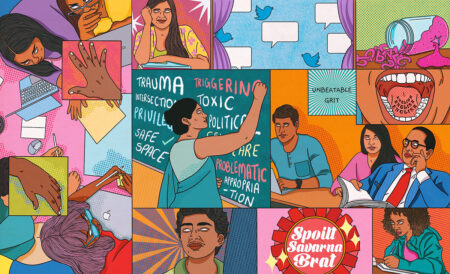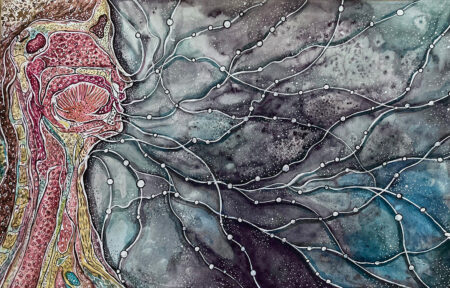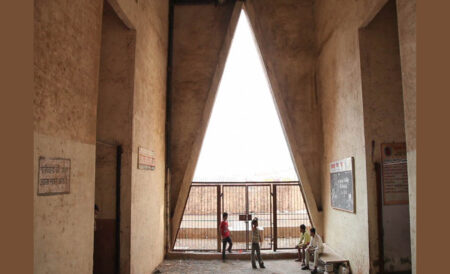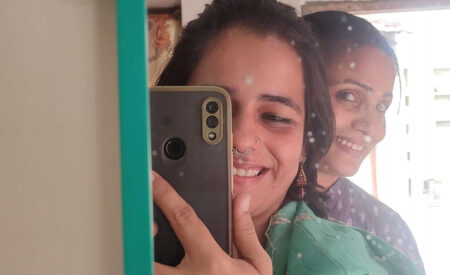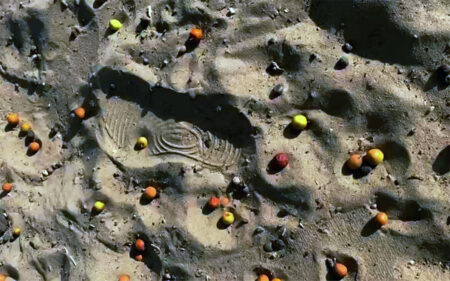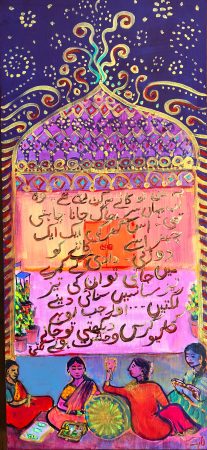
The 150-year-old Indian Women’s Literary Tradition You Didn’t Know About
Hyderabadi women have been writing in Urdu since the second half of the 19th century. This in itself is not unusual; for, women in other places as well, such as Bengal and Bihar, were writing around the same time.


